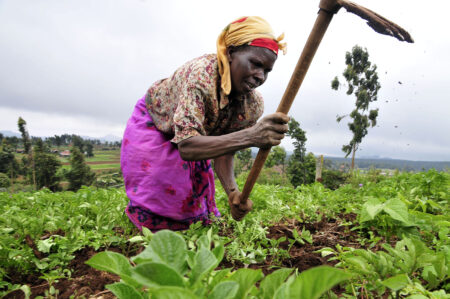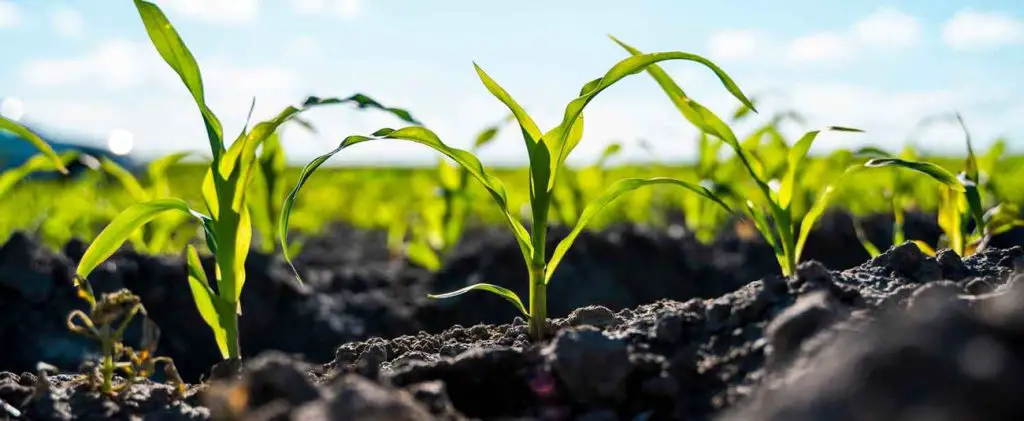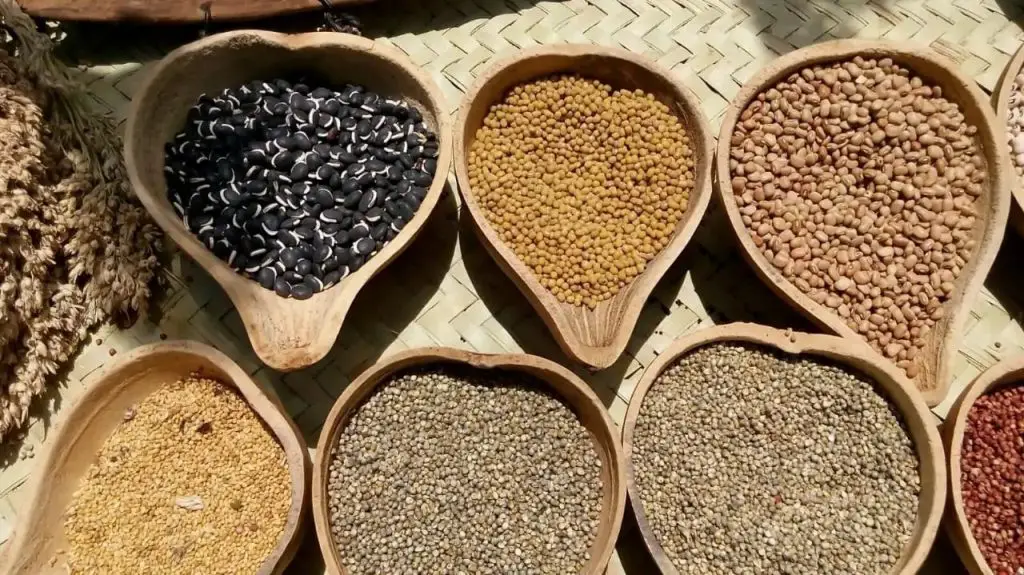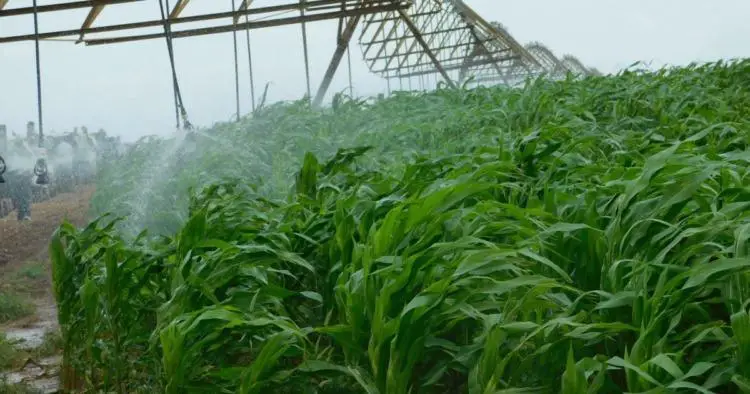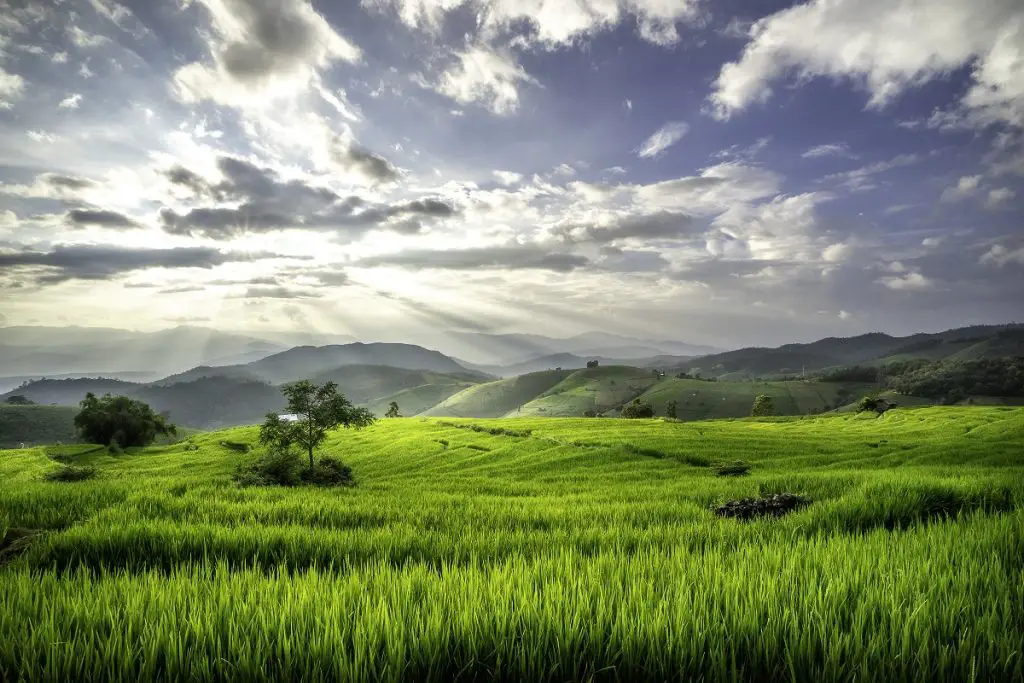- Africa’s new dawn: the rising role of digital and AI in agriculture
- Can Dangote Refinery Transform Africa Energy Ambition
- Gallup Survey: 80 per cent of Kenyan Workers Are Disengaged and Seek New Opportunities
- Madagascar Man Freed from 5KG Tumor After 15-Year Struggle
- How women in Africa are perceived and treated
- Sugar consumption in Kenya to Increase to 1.23 Million Tonnes
- Can Somalia and Turkey Oil deal Bring Change in Somaliland
- Remittances to Kenya dropped to $371.6 million in June, marking a six month low
Browsing: Smallholder Farmers
The insurance sector has progressively curated products to cushion the different aspects of living, individuals and corporations. As such, agricultural insurance has been identified as an essential tool in assisting farmers, herders, and governments to mitigate some negative financial impacts of adverse natural events. Many countries have used insurance to help manage agricultural risks. The usefulness of agricultural insurance in risk mitigation is not in question.…
Over the course of the two agricultural seasons that will comprise 2022 and 2023 in Togo, the country anticipates producing an additional 37,500 tonnes of grains. The food and nutrition security of approximately 120,000 additional people will be improved.
The National Food Security Agency, Management Pool and Agricultural Input Supply, the Advisory and Technical Support Institute, and the Agricultural Financing Incentive Mechanism are just some of the organisations that benefit from the comprehensive capacity-building component in the works for the Togolese agricultural sector.
The AfDB Group launched a US$1.5 billion African Emergency Food Production Facility on May 20, 2022, to address the effects of the war between Russia and Ukraine, leading to soaring food prices worldwide. The facility aims to provide agricultural seeds to 20 million producers across Africa.
This facility was launched in order to address the effects of the war between Russia and Ukraine, which has led to …
Only a few Kenyans are aware of the entire extent of the law’s punitive nature, which has remained hidden from the public. The farming communities in Kenya who are aware of it are shocked that no public engagement was carried out prior to the adoption of this statute.
Greenpeace Africa’s Campaigner, Claire Nasike, says that the Kenya government has failed to do what it was supposed to do, which was to make laws to protect the ownership of native seeds, knowledge about these seeds and the intellectual property rights. The current laws on seeds support neo-colonialism and could make it easy for multinationals, big businesses, and other profit-driven organisations to steal local resources.
Kenya’s 2010 Constitution has made it clear that indigenous seeds, which are also called “informal seeds”, exist and need to be protected. This is done by requiring parliament to pass laws that protect the ownership of indigenous …
In Africa, the idea of having a seed bank on the scale of the Global Seed Vault is unknown since farmers have for decades been using seed banks for their consecutive crop production activities. The sad reality is that this practice may be infeasible in the coming years since the changing climatic conditions are pushing the continent over the ledge with ever-decreasing farm productivity.
A report released by the UN’s International Fund for Agricultural Development (IFAD) in October 2021 shows that the biodiversity doomsday is nigh for Africa.
According to a report, staple crops in eight African countries might decline by as much as 80 per cent by 2050 if temperatures continue to rise driven by climate change. The result of this might be a devastating effect increasing poverty and reducing food supply.…
Large-scale farmers usually own specialized and custom-built equipment and keep up with recent technological advancements. Those in the medium-scale farming system mostly hire machinery while for small-scale farmers, mechanisation is limited to a few farm operations like land preparation. Other operations are done manually. Private service providers offer mechanisation services for small scale farmers where the use of machinery is very low in relation to the medium and large-scale agricultural production systems.
Most of Kenya’s livestock is raised in extensive systems with communal grazing and free-ranging of rain-fed rangelands. Intensive production is practised in the high rainfall areas, semi-intensive systems are found in semi-arid lands and extensively in arid areas. The use of mechanised livestock production systems is very low. However, the potential for mechanisation is high to meet the growing demand for livestock and livestock products. …
With such an initiative, smallholder farmers who suffer the brunt of inadequate resources can be prepared in readiness for planting no matter the season.…
Africa’s food security is dependent on reliable harvests from smallholder farmers who make up a large percentage of the food sources on the continent.…
The practice emphasizes protecting the soil’s top layer which is the most vulnerable to degradation through erosion and leaching.…
The initiative marks a rare move to apply global quality certification to food products destined for the domestic, rather than the export market.…





